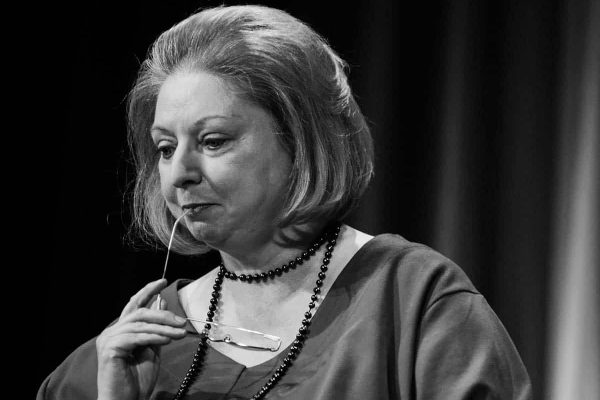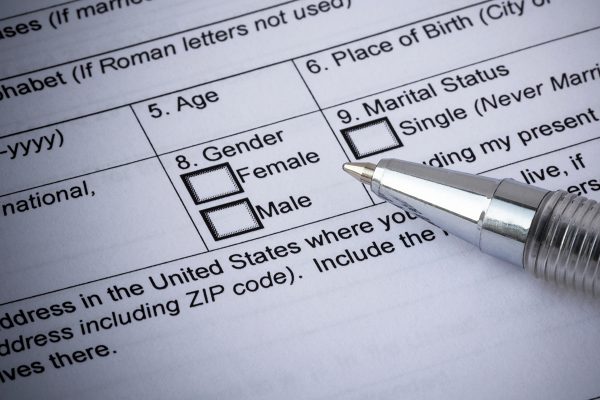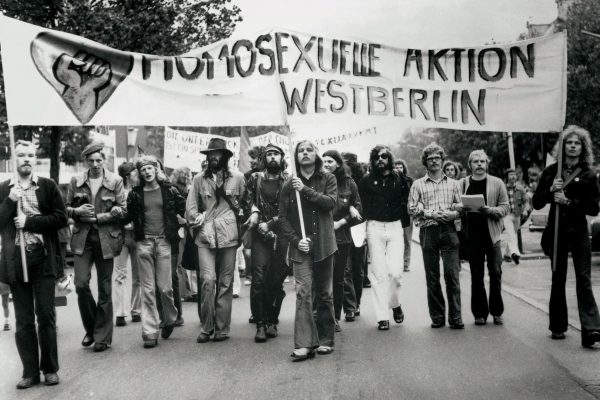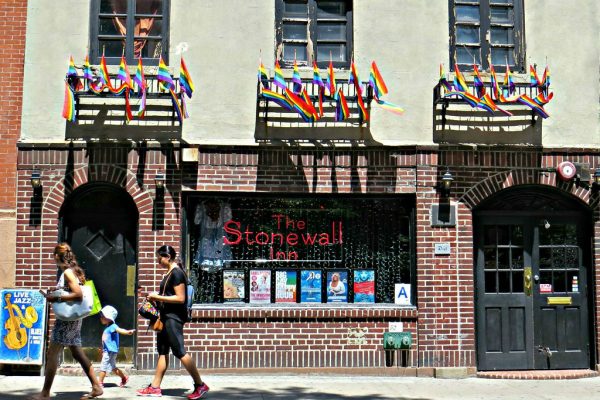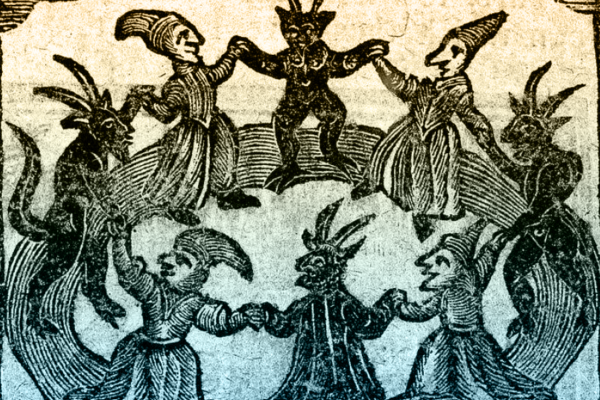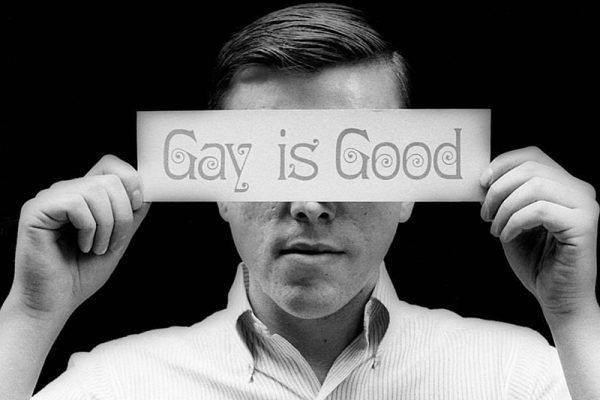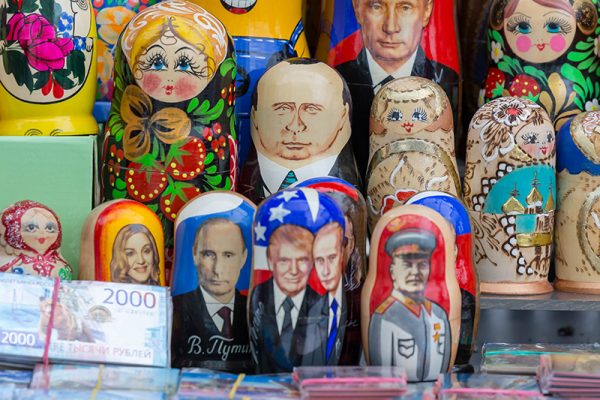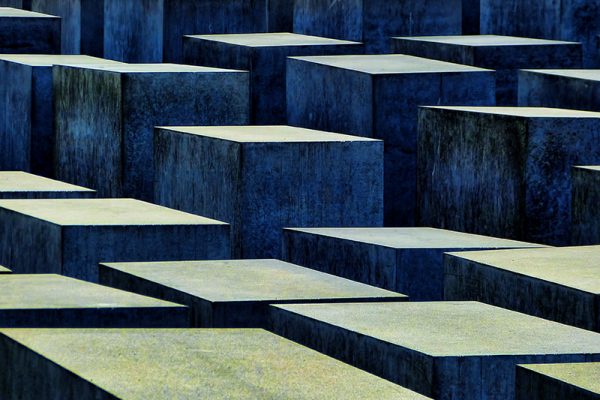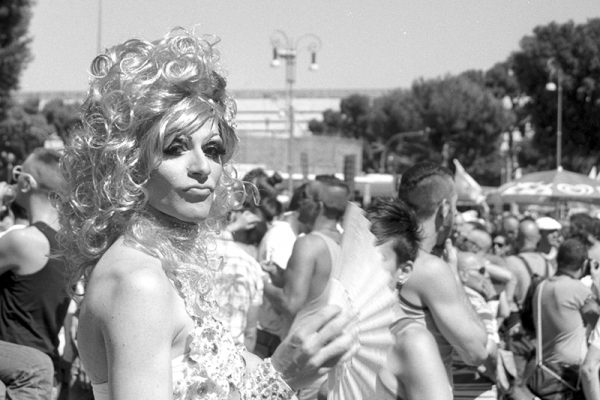Samuel Clowes Huneke is Assistant Professor of Modern German History at George Mason University. His latest book is A Queer Theory of the State. His essays have also appeared in The Point and the Los Angeles Review of Books.
Help Us Stay Paywall-Free
Democracy depends on the free exchange of ideas. Help sustain it with a tax-deductible donation today.
